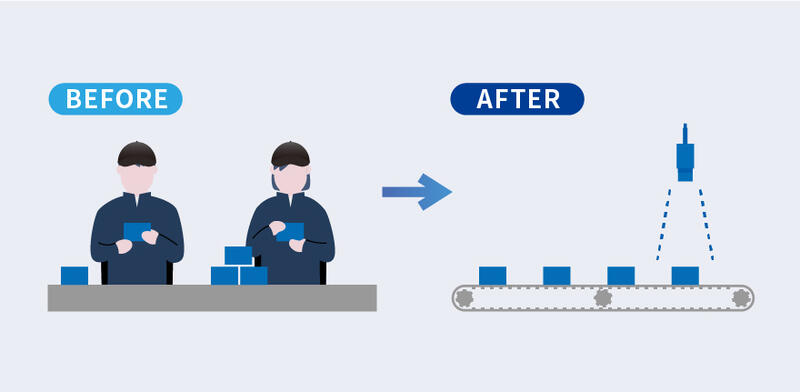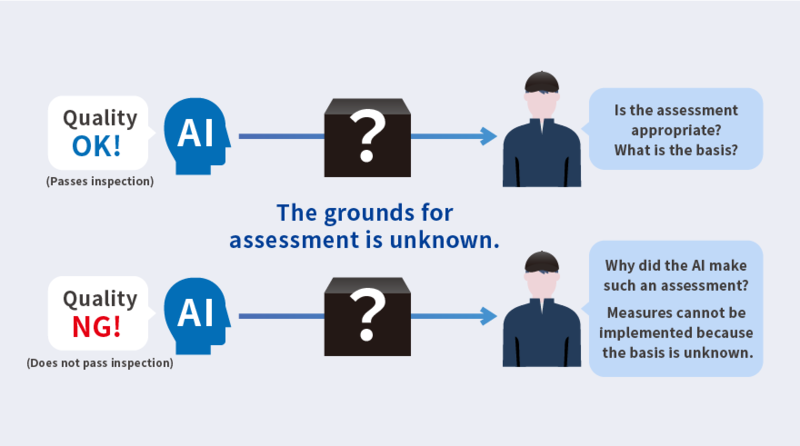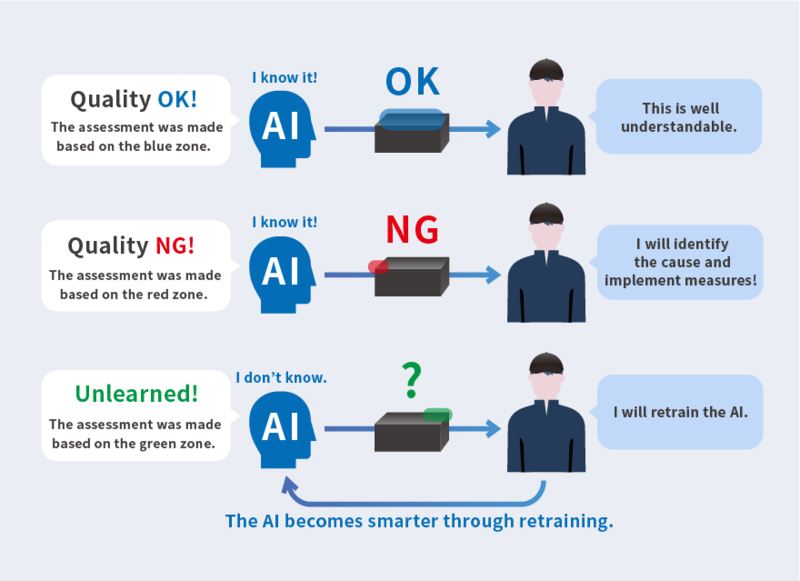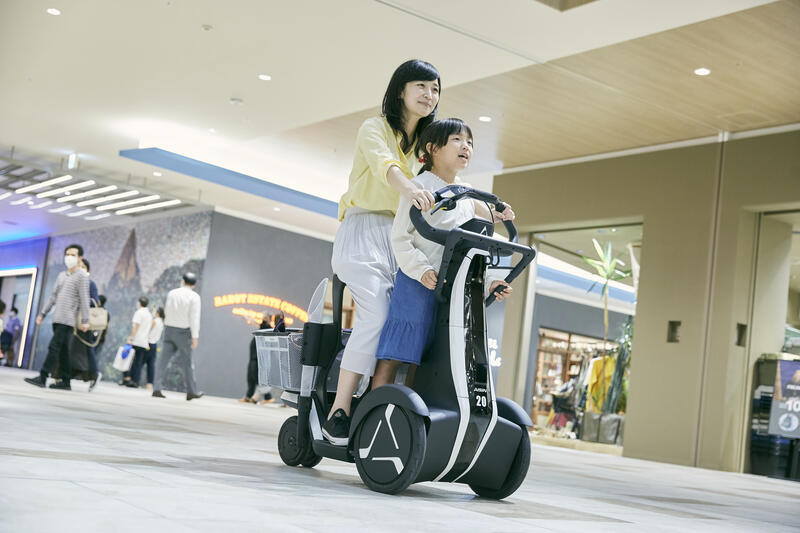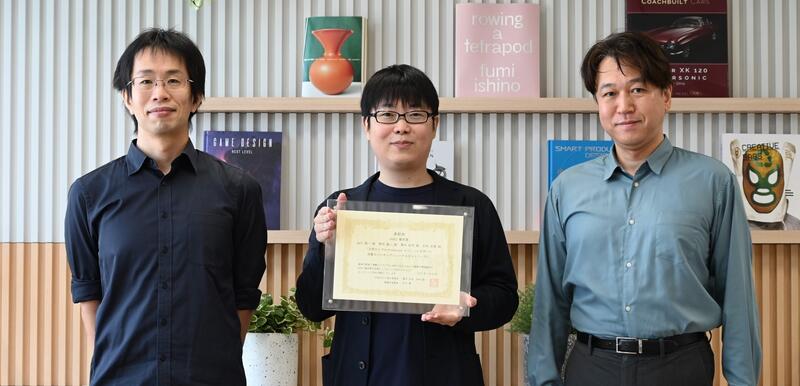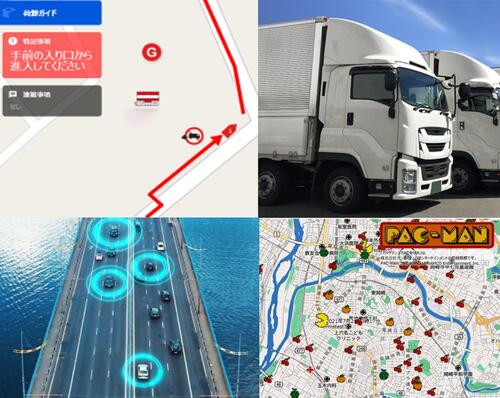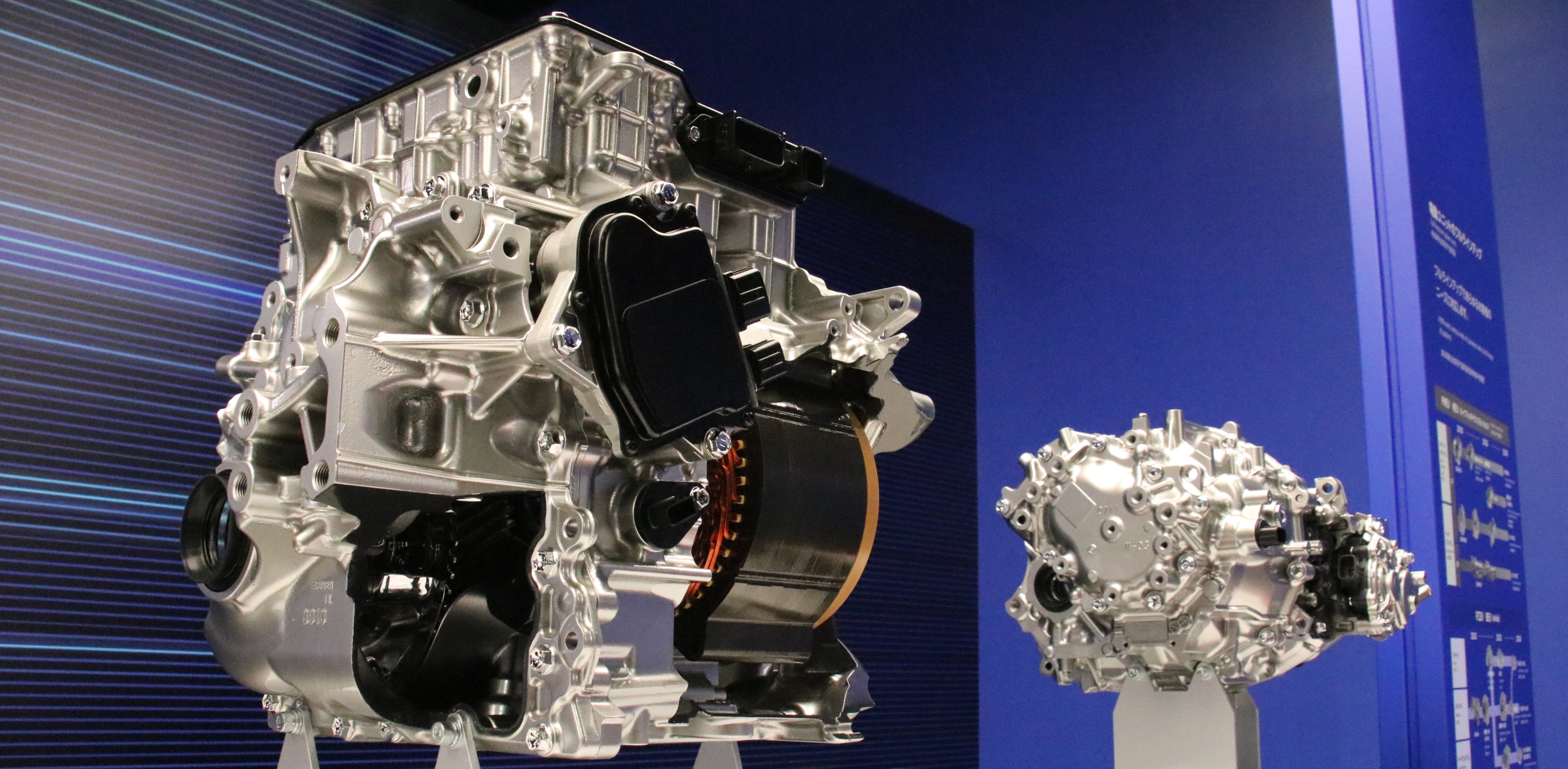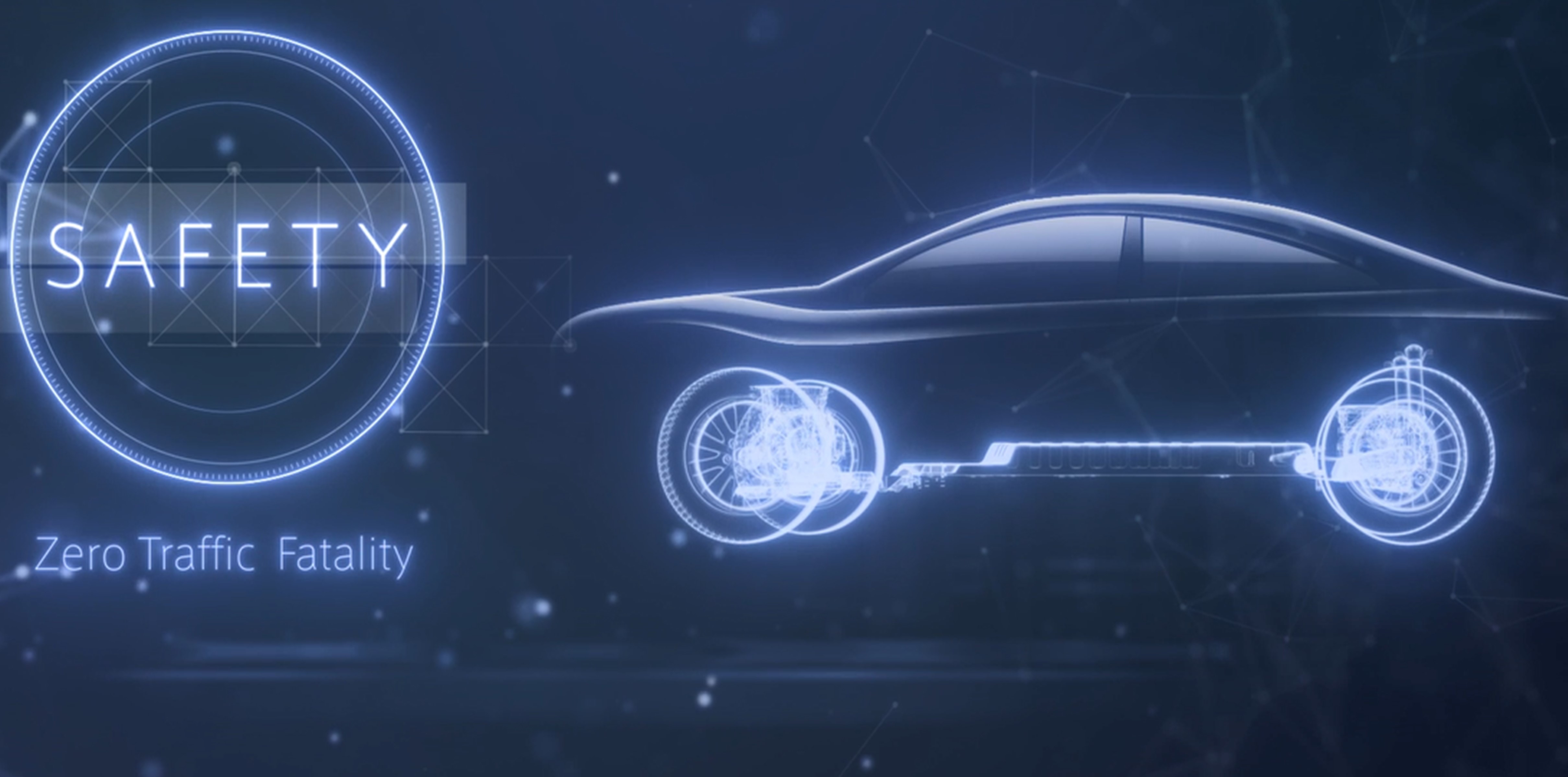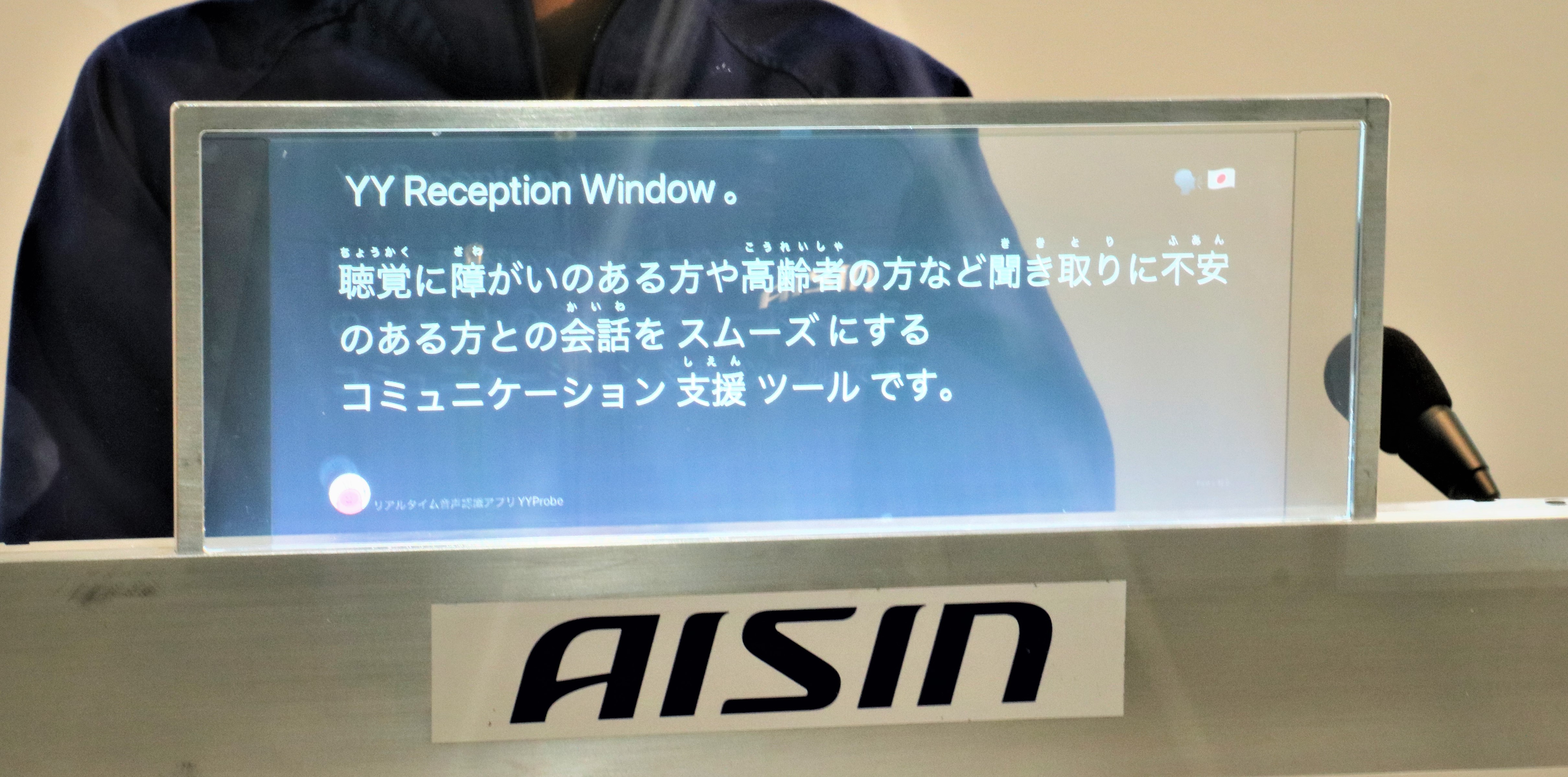Aisin and AI - Playing a Key Role in the Future of Mobility
Feb.07, 2022
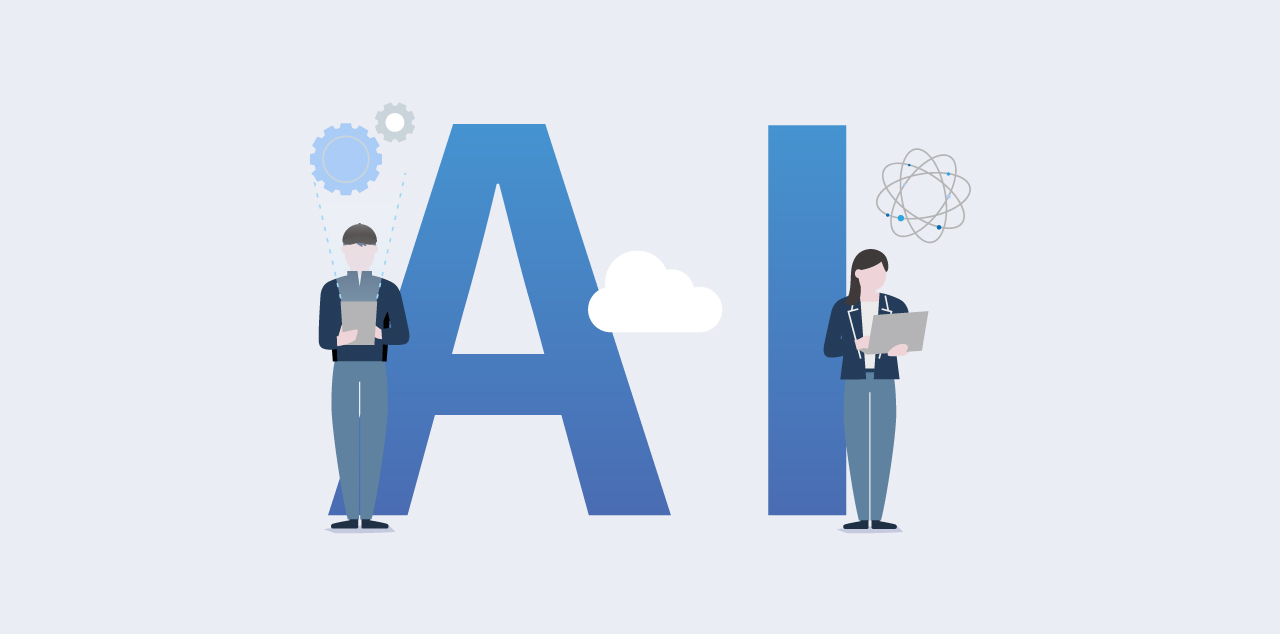
In today’s modern society, Artificial Intelligence (AI) based products and services are an integral part of our daily lives. From robotic vacuum cleaners that detect and avoid obstacles while cleaning a room to smart speakers that respond to voice commands and can answer questions, there appears to be no limit to how AI can enhance our lives..
As AI gains trust and familiarity across a variety of markets, it is only natural that the manufacturing industry would look to this technology to enhance the mobility experience, solve various social issues, and create new value for customers and consumers.
In this article, we will explore how Aisin will use AI to touch the future of mobility.
Artificial Intelligence and Digital Transformation – An Inseparable Pair
Artificial Intelligence is defined as the theory and development of computer systems able to perform tasks that normally require human intelligence, such as visual perception, speech recognition, decision making, and translation between languages.
To meet various needs in society, there is growing momentum toward digital transformation (DX) in all industries. Here, DX refers to transformation of our daily lives and business operations by using digital technologies. Because AI can perform in-depth analyses of huge amounts of data, it is one of the main tools and technologies used to develop DX. Proper incorporation of AI is key to a business’ successful DX.
To offer solutions to social issues and achieve safe and comfortable mobility, Aisin has been promoting DX and utilization of AI by focusing on two priority fields: Business efficiency and New business creation.
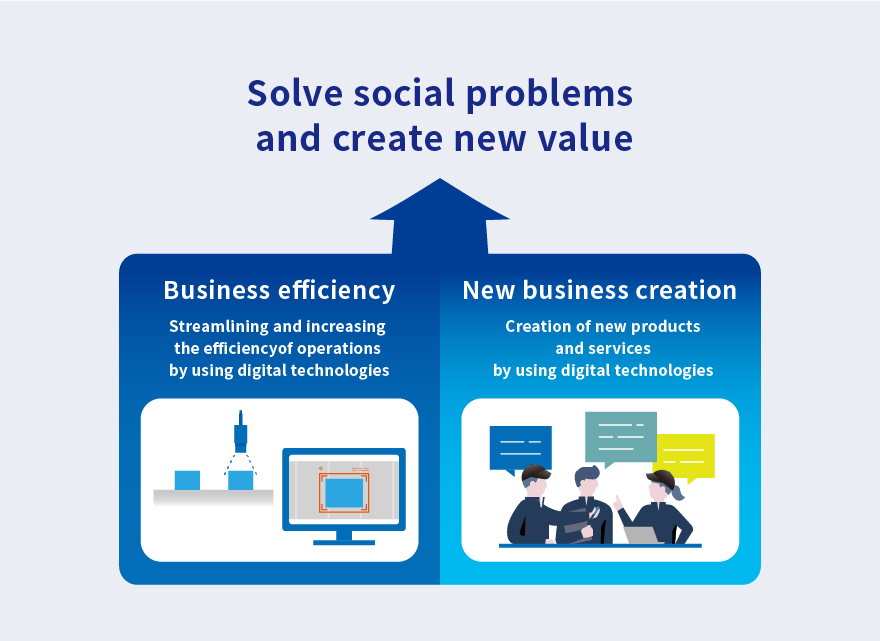
Utilization of AI in business efficiency
Business efficiency refers to the computerization of operations to increase efficiency by using digital technologies.
Aisin has long promoted jidoka (intelligent automation) of its plants using robots and other means. However, there are processes that still rely on human senses. One of them is visual inspection, in which product quality is determined based on appearance.
In this process, each product is scrutinized visually. The physical workload on inspectors is high due to intense use of the eyes. There is also the risk of overlooking defects. To solve these problems and improve both quality control and the working environment, Aisin has been developing an AI-based automatic inspection system.
However, to implement AI in the actual inspection process, there are some challenges to overcome. One of them is the “black box problem” of AI.
Black box problem in visual inspection
AI improves its analytical capabilities through deep learning, in which AI finds rules and establishes criteria based on a large amount of data. This makes it difficult for the user to understand the process and basis for AI-based assessment. Therein lies the black box “problem” of AI.
Automotive components manufactured by Aisin are closely linked with personal safety. Thus, quality cannot be assured solely based on an assessment by AI, where reasoning to derive a conclusion is unknown. Even if a conclusion derived from AI-based reasoning is incorrect, it can be difficult to make corrections when the cause is unknown.
To solve this problem, Aisin launched a joint development project in 2019 with a Canadian AI startup that conducts research on explainable AI capable of presenting the grounds for assessment. The goal of this project was to create AI capable of presenting convincing grounds for assessment as well as making suggestions toward the next action. By sharing knowledge and holding discussions with the startup, we developed an explainable AI and made it deployable for practical application.
Aisin’s explainable AI
Aisin’s explainable AI can visualize the grounds for assessment based on colors and zones. The three categories (OK, NG, and Unlearned) are color-coded, and the zone information is presented with relevant characteristics. This enables the user to understand what action should be taken based on the presented information.
Detection of “unlearned” data avoids the outflow of defective products in areas that the AI has not yet learned to recognize. The AI can be retrained to cope with unlearned data. This broadens AI knowledge and affords higher inspection accuracy.
Our commitment to quality and our determination to never overlook defective products led us to overcome our AI challenges and improve the AI to the level of practical application.
Aisin will continue to develop AI to help resolve issues in on-site operations, and we plan to cut production costs by 30% by 2030 as well as reducing the development period by 30% by 2025.
Utilization of AI in new business creation and research for the future
Another priority field in Aisin’s DX is new business creation.
Aisin has created various AI-based products and services, such as the personal mobility vehicle, ILY-Ai(*1) and Choisoko, a smart transportation system for aging adults. These development efforts were promoted principally in individual business units.
*1 AI technology was built into a model under development.
However, to offer products and services needed by society in a timely manner, we considered it necessary to integrate the development structure across different business units. Thus, we established a special company-wide department to lead the analysis of big data and application of AI. We will strongly promote utilization of AI in future-oriented products and services, such as connected cars, car sharing, and automated driving. We will also accelerate utilization of AI in the production field.
Personal mobility vehicle ILY-Ai, created by Aisin
We have expanded to four development centers across three regions (Aichi, where the head office is located, Tokyo, and Fukuoka). We have been recruiting excellent human resources and expanding the scope of activities through collaboration with more business partners, including research institutions such as universities and private companies.
The Tokyo Research Center, a new AI development center, was opened in April 2021. It has worked on many AI research projects and is steadily producing results and accolades including the first global success in deepening spiking neural networks, and the MIRU Excellence Award (*2) in 2021.
*2 This is one of the largest conferences in Japan on image recognition and understanding technology.
Members at the Tokyo Research Center who won the MIRU2021 Excellence Award
(From left: Yoshihide Sawada, Shinichi Ikegawa, and Naotake Natori)
We are at a turning point where digital technologies are increasingly being built into our society to dramatically change our daily lives. Cutting-edge digital technologies, including AI, play a key role in making changes.
Inspiring “movement,” creating tomorrow
Aisin will continue to pursue the potential of AI and pass on a pleasant and sustainable society and beauty of our future earth to the next generation.
The main products and services using AI technology are introduced below.
・Utilization of advanced image recognition technology
Driver monitoring system, automated valet parking, safety monitoring system
・Utilization of location information service
Choisoko, Michi-log, Bridges@ny
・Utilization of recognition of moving obstacles (pedestrians) and avoidance technology
Personal mobility ILY-Ai (a model under development)
・Utilization of speech recognition technology
YY Probe





